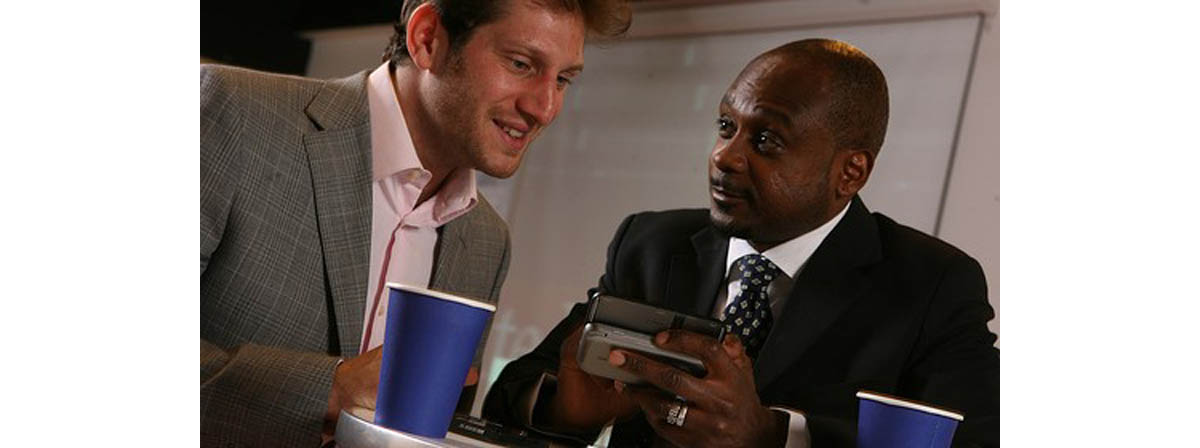Table of Contents
As users of smartphone technology know, modern phones don't just deliver calls, they also deliver emails, instant messages, chats, Facebook updates, and pre-programmed reminders of appointments. Drs. Eyal Peer and Alessandro Acquisti of Carnegie-Mellon University in Pittsburgh designed a study to see how much brain power is drained away by constantly having to respond to smartphones.

The psychologists recruited 136 students to read a short passage and then answer questions about it, dividing the students into three groups. One group merely read the passage and completed the test. The other two groups were told they "might be contacted at any moment" by Instant Messenger for further instructions.
The second and third groups were given the test twice. During the first test, both groups were interrupted twice. During the second test, one group was interrupted and the other group was not. The third group was essentially on high alert that an interruption could come at any moment, even though that interruption did not come.
Multitasking Doesn't Lead to Higher Productivity
The results of multitasking were dismal.
During the first administration of the test, the students in the second and third groups, which were interrupted twice, scored about 20% lower than the control group
During the second administration of the test, the second group, which was interrupted during the second test session, only scored about 6% lower than the control group. With practice, they could do better, despite interruptions. They didn't do as well as the test takers in the control group who took the test without interruptions, but they did better as they became accustomed to having to stop and start.
But the third group, which wasn't interrupted during the second test session, improved its scores on average 43% over the first test session, scoring better than the test takers who weren't interrupted at all. Apparently there is something about knowing one can be interrupted at any time that focuses attention. Or perhaps having deadlines increases attention.
Don't Be a Sucker for Irrelevancy
What the more productive test takers didn't do was to get out their smartphones and surf the Net. Successful test takers were not given the opportunity to be "suckers for irrelevancy," as Stanford sociologist Clifford Nass puts it, going out of their way to get new information, whether or not it has relevance to any task at hand. The secret to using a smartphone to be actually smarter, it seems, is not to use it too often.
- Katz-Sidlow RJ, Ludwig A, Miller S, Sidlow R. Smartphone use during inpatient attending rounds: prevalence, patterns and potential for distraction.J Hosp Med. 2012 Oct. 7(8):595-9. doi: 10.1002/jhm.1950. Epub 2012 Jun 28.
- Khalifian S, Markman T, Sampognaro P, Mitchell S, Weeks S, Dattilo J. Medical student appraisal: searching on smartphones. Appl Clin Inform. 2013 Feb 6. 4(1):53-60. doi: 10.4338/ACI-2012-10-CR-0047. Print 2013.
- Photo courtesy of Paul Oka by Flickr : www.flickr.com/photos/blackeycove/3647897679/
- Photo courtesy of gail by Flickr : www.flickr.com/photos/29881930@N00/2085857313/


Your thoughts on this